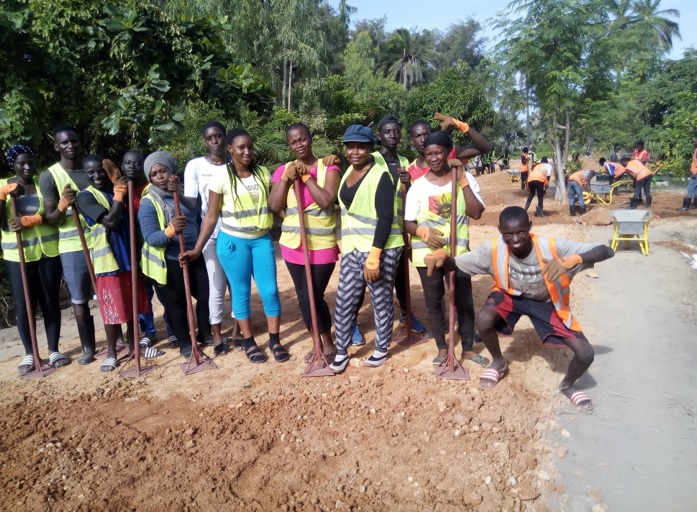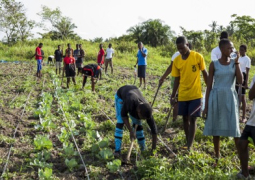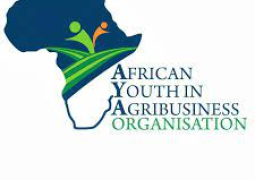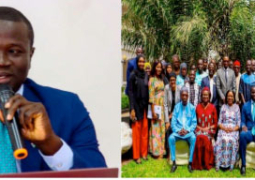
The project successfully generated employment opportunities for young people in road infrastructure development, which contributes to the circulation of local economies. It is now set to implement the last component of the rehabilitation of the Sami Karantaba Mixed Farming Center.
All the works conducted by the young participants are closely linked to tourism, fishery, and agricultural sectors, which will act as strong economic drivers for the country.
The Government of Japan signed an agreement with International Labour Organsition (ILO) in 2018 to support youth employment and build stability and peace in The Gambia.
This new project was expected to support jobs for youth through infrastructure works with local resources, skills training and entrepreneurship promotion, with a strong focus on returnees and women.
In accordance with the agreed terms, the ILO responded to the needs of youth in order to restore their hope in the country by providing women, men, people with disability as well as returnees from irregular migration equal and also immediate opportunities for paid jobs and trainings within their own country, as well as entrepreneurship support which would enable young people to start up their own businesses with acquired skills and experiences for sustained outcomes.
As such, the ILO decided to provide the support in the driving sectors of the country’s economy through the creation of immediate jobs in infrastructure development with the international standard of decent work. The project targeted young people between 18 to 35 years of age, skilled or unskilled, with or without educational backgrounds.
In accordance with continuous consultations with the Ministry of Trade, Industry, Regional Integration and Employment (MOTIE) of the Gambia and other relevant stakeholders, the project applied Employment-Intensive methods of road and facility construction, rehabilitation and maintenance to generate immediate jobs in support of (1) tourism, (2) fishery, and (3) agricultural sectors, which altogether account for the big majority of the Gambia’s total GDP.
The project partnered with the Community Road Empowerment (CORE), an International NGO prominent in its local resource-based road construction technology called “Do-Nou ” which in Japanese stands for wrapping soil in a gunny bag.
The project further identified (1) Kotu (Banjul) promenade road construction and rehabilitation for the tourism sector, (2) Gunjur harbour access road construction and rehabilitation for the fishery sector, and (3) Sami Karantaba mixed farming centre for the agricultural sector as three areas of the project intervention.
The Kotu promenade road was expected to serve as a key route for tourists from the nearby hotels to the Bertil Harding highway which is one of the major roads in Banjul.
The road was unpaved and tourists were not able to use it in fear of it collapsing.
The Gunjur access road from the highway to the landing site of the harbour was expected to serve as a transportation means for the fish suppliers and buyers.
Sami Karantaba mixed farming center is an agricultural training facility for the local communities to introduce new farming methods for their sustainable livelihood.
The center has been abandoned and inactive since approximately 3 years ago.
The project also incorporated the Gambia’s “National Development Plan 2018-2021” which places an emphasis on youth employment and skills development, as well as MSME development.
The National Development Plan also clearly states the necessity to encourage the development of labour-intensive technologies that promote employment.





